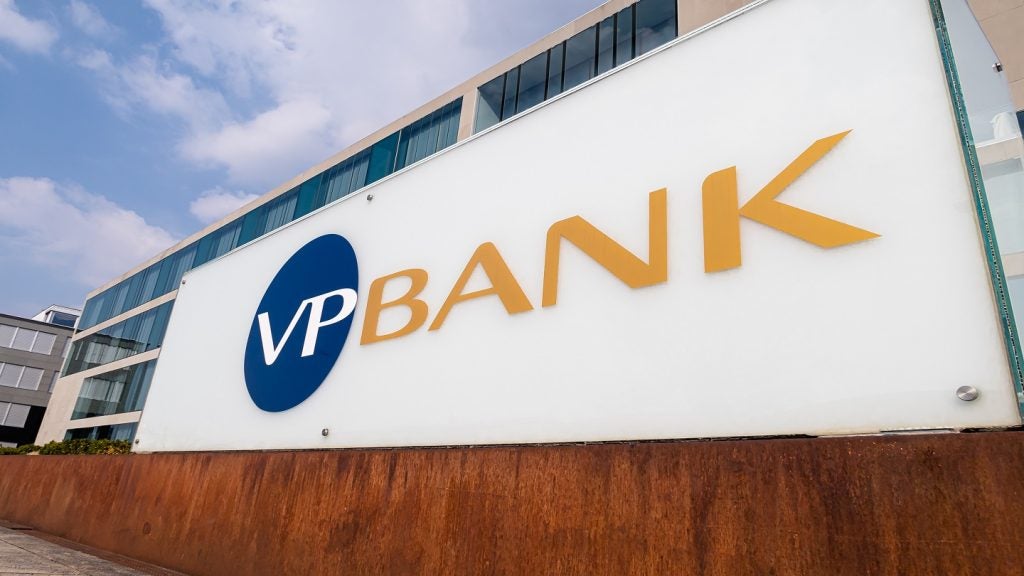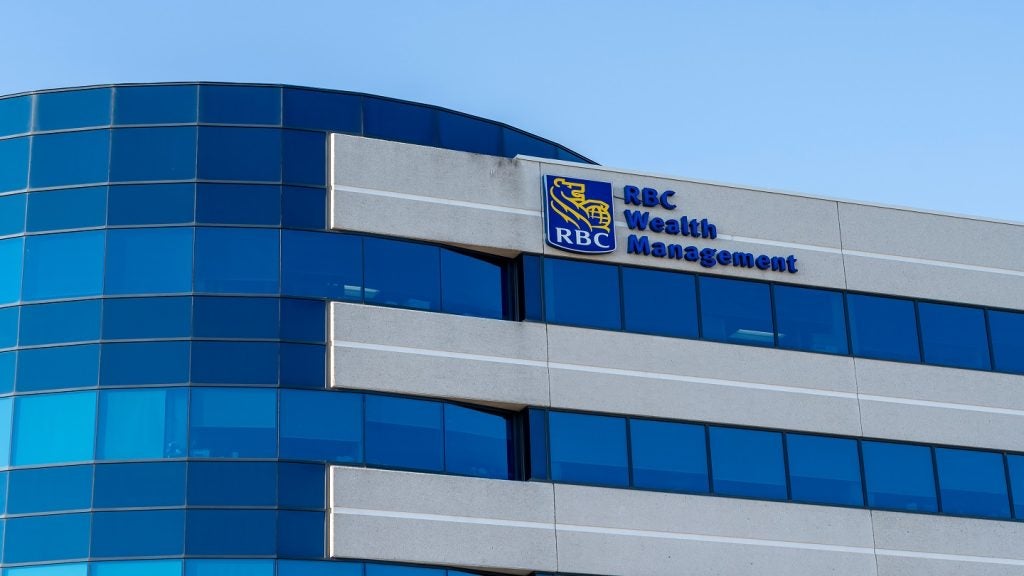Wealth management assets under management have been
recovering since the crushing lows of March – but what lessons have
been learned from the financial crisis among wealth managers?
Will Cain says pricing
structures, balance sheet strength and risk management will be key
considerations in 2010.
At a time when global warming is so high on
the agenda, it seems appropriate that commentators are starting to
herald the end of the ice age in the global economy.
One by one, Western economies are creeping out
of recession. Each positive quarter of GDP growth provides a spark
of optimism among banking executives sitting on withering capital
bases across Europe and the US.
Even at the depths of the equity market rout
in March there was confidence the vast amounts of cash being pumped
into the financial system by central banks would stem the
decline.
But few predicted the extent of the rebound in
stock markets and improvements in corporate earnings.
When Jon Moulton, a UK private equity
specialist, was asked at dinner earlier this year whether he
expected a quick recovery, he said the only green shoots he could
see were on the salad plate in front of him. Fellow diners nodded
their heads glumly.
Now there is genuine belief in some quarters
that the worst is over. This will benefit private banking revenues
in the second half of 2009 as clients start trading again.
“There is a big difference between where we
are today relative to where people thought we would be back in
March,” said Peter Lucas, an investment strategist at RBC Wealth
Management.
“At the beginning of the year, the prevailing
theme was one of caution. I think that many people have been
surprised by the pace of the recovery in 2009 and have not fully
participated in the equity market recovery.”
There are still many who remain skeptical
about the sustainability of the recovery. The prospect of another
lurch downwards in economies and investment markets only makes the
question, ‘What has the industry learned in the past 18 months?’
even more prescient.
Proper incentives
structures
There is certainly a need for
unbiased advice. According to Michael Lagopoulos, the head of Royal
Bank of Canada’s international wealth management business, high net
worth individuals and families will be less willing to compromise
on poor performance in the future than they were in the past.
“They want consistency, reliability and
unbiased advice with a focus on what is right for them rather than
what is right for their banker or bank,” he said.
The balance sheet is also becoming more
important in wealth management. With interest rates low, private
banks that have the ability to provide lending facilities in a
generally deleveraging economy are seen to have access to lucrative
revenue streams through the generation of interest income.
HSBC Private Bank, winner of PBI’s Outstanding
Private Bank – Global earlier this year, is another which has
benefited from access to the balance sheet of a strong parent.
Private banks have been looking to expand
their services in this area, with RBS Coutts recently deciding to
extend lending services to international private banking clients
for yachts and private jets.
“As the days of easy credit are gone, clients
are also looking for their private bank to deal with them on both
sides of the balance sheet rather than just being a taker of
assets,” added Lagopoulos.
“Above all, clients will be looking to ensure
that they are getting value for money on the services they
use.”
Transparency
Clients are also looking in many
cases for transparency, particularly in products and pricing. This
year has seen staple securities like corporate and government bonds
and equities proving popular. And clients are still holding higher
amounts of cash than they were before the crisis.
This is because of scepticism over the
sustainability of the recovery and because they want more control
over their investments.
“In 2010 we’ll see private equity as a theme,
as there is still a wall of cash looking for a home and simple,
transparent three asset class portfolios (cash, bonds and
equities),” said Philip Harris, head of UK wealth management at
RBC. “And finally, tax will be an even bigger motivator to make
certain investments, take on certain structures or just plain old
emigrating, with 50 percent income tax hitting next year.”
One area that fared badly during the downturn
but could make a return in relatively stagnant western economies is
hedge funds, as demand for absolute return strategies rebounds (see
page 13).
Christophe Bernard, chief investment officer,
at Union Bancaire Privée (UBP) said he expected the alternative
asset management industry to “rise from the ashes” in 2010.
He advises aiming for liquid funds offering
long/short and credit strategies, adding that event-driven
strategies could bounce back sharply in 2010 because of increasing
merger and acquisition opportunities.
Risk management
The past 12 months has been a year
of recurring disasters for wealth management firms – the most
notable of which was Bernard Madoff’s collapsing hedge fund.
There has also been ongoing fallout
from the losses experienced late last year on structured products
linked to AIG and Lehman Brothers. But even wealth managers that
have managed their risk carefully are not able to rest on their
laurels, as John Redwood recently pointed at a conference run by
technology company Advent.
“We had a great year in 2008 because we told
all of our clients to sit in cash,” he said. “We felt very pleased
with the advice we had given, but even in that situation you cannot
ignore risk. Clients were calling to ask whether the banks we were
holding the money in were safe. It shows that you cannot let your
focus slip for one second.”







